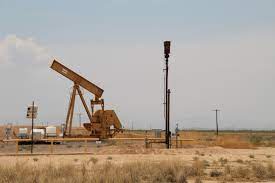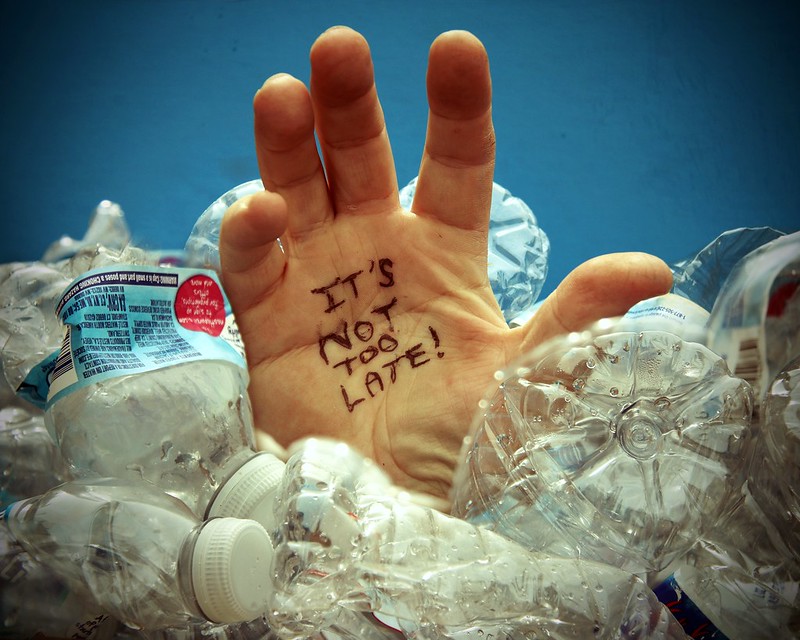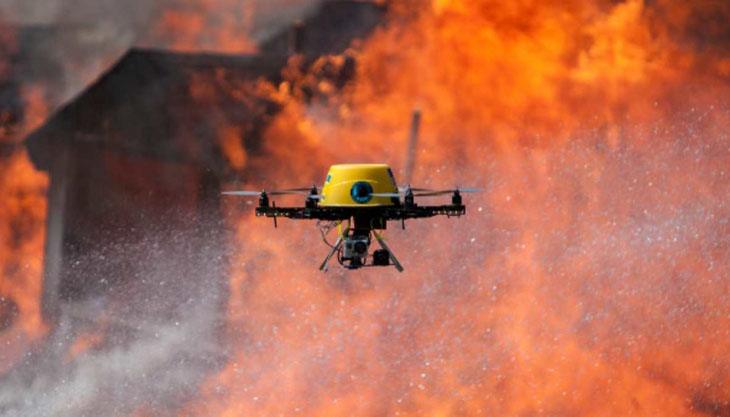
Permian Fracking is a technique for recovering gas and oil from shale rock. It involves drilling into the earth and directing a high-pressure mixture of water, sand and chemicals at a rock layer, to release the gas inside.
The Permian fracking industry in Texas produces about 168 billion gallons of wastewater a year. Globally, that number becomes increasingly high and disturbing: 359 billion cubic meters a year. Numerous methods have been deployed to clean up the harmful bacteria in industrial wastewater. Though some of these chemical solutions work in domestic water, in industrial settings, specifically wastewater produced by industries, they don’t. They produce particularly complicated waste, and these microbes have developed mechanisms to bypass the chemical intervention.
Permian Fracking is revolutionizing oil and gas drilling across the country. However, without rigorous safety regulations, it can poison groundwater, pollute surface water, impair wild landscapes, and threaten wildlife. As this industry becomes bigger it causes more and more problems for the environment.
But, researchers from the University of El Paso tested a new way of treating fracking wastewater by infecting two types of present bacteria with a special type of virus that kills these wastewaters. The P. aeruginosa and B. megaterium virus provide a potentially useful tool for bacterial elimination in overall PW treatment at an industrial scale. The bacteria Pseudomonas aeruginosa causes corrosion on stainless steel, deteriorating pipelines and other metal-based infrastructure. B. megaterium breaks down hydrocarbons that makeup oil, so they can clean it. Not only did the virus eradicate these bacteria quickly, but the treatment would even be cost-effective for this industry to use. They can even recycle the water.
These bacteria can also help remove bacteria in bloodstreams. In a case often found in hospitals, E. faecium is usually a gut-dwelling bacteria but can creep into other areas of the body. Doctors tried various antibiotics, but the bacteria was zombie-like: It kept coming back. Highly specific to the bacteria they attack, phages are showing promise against hard-to-treat infections when antibiotics fail. These phages are “good” bacteria that can help cure diseases that involve bacteria. These bacteria are all purified and then replicate inside the bacteria, curing and removing these surfaces along with the phages.
Phage therapy is not yet approved in the US, UK, or Western Europe but is used regularly in Georgia, Poland, and Russia. These phages can become the next change in the world’s medicine industry, and with growing popularity inside these countries for these bacteria, expect a new front in changing the world with its potential to become a world health cure.
Related Stories
https://www.nytimes.com/interactive/2023/09/25/climate/fracking-oil-gas-wells-water.html
https://comptroller.texas.gov/economy/fiscal-notes/archive/2015/october/fracking.php
Take action
https://www.nrdc.org/stories/how-tackle-fracking-your-community
https://www.texansfornaturalgas.com/messing_with_texas_study




